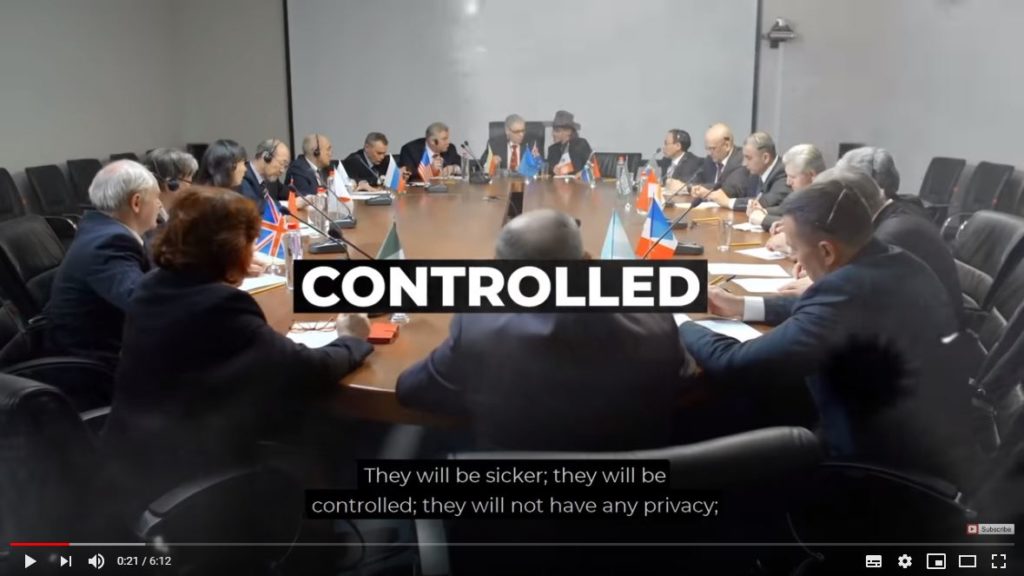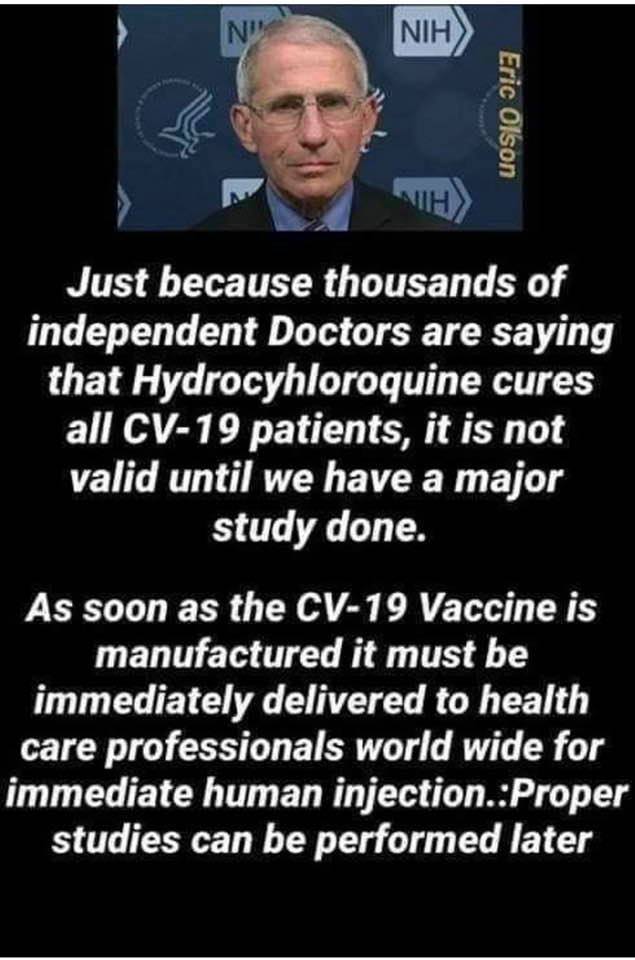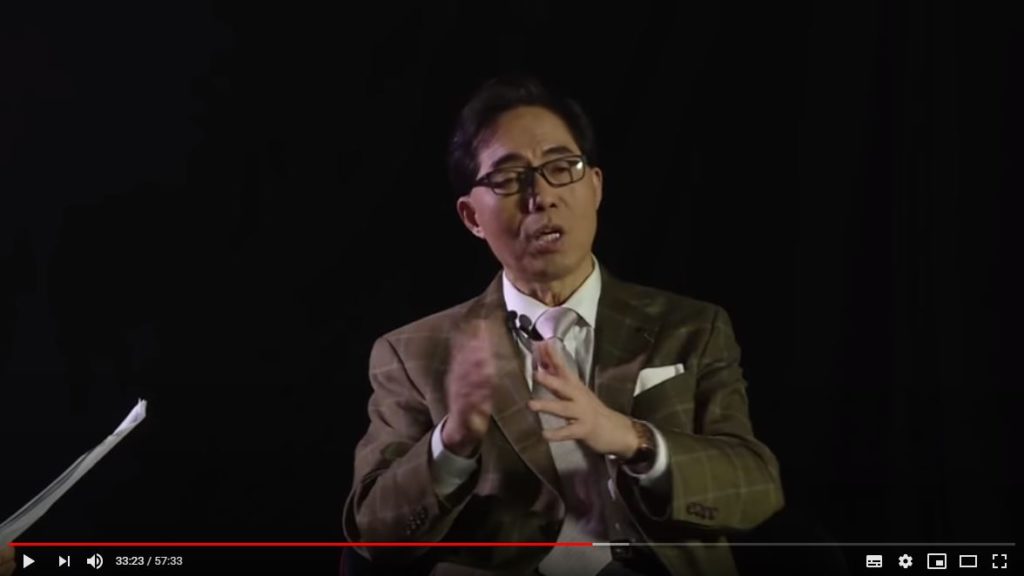This release was originally an article under the same title by Jeremy Beck published in the 29 April 2020 Australian Alert Service.
Funding from a repurposed Clean Energy Finance Corporation (CEFC) must be directed to specific industrial sectors to ensure Australia builds out of the economic depression with a greater level of self-sufficiency. COVID-19 has exposed our vulnerability to a breakdown of global supply chains, in which international trade in many commodities cannot be guaranteed. Therefore, the CEFC must prioritise funding for industries which supply our everyday needs. This will protect us, to the greatest extent possible, from any future calamity such as a blockade, war, or a major cosmic event. For example, an asteroid strike may induce an ice age and major crop failures; and a solar coronal mass ejection that knocks out much of the world’s electrical and communications systems would make today’s crisis look trivial.
Fortunately, there are many essential industry sectors which can restart immediately. Food canneries are a good example. In their heyday they provided good jobs in prosperous regional communities. Then we shut them down in favour of cheaper foreign canned food, causing great suffering to farmers and rural communities. We replaced these and many other productive jobs with new, unproductive jobs in the service sector, such as in casinos. Now many of these non-essential service jobs are fast disappearing. Crown alone has stood down 11,000 staff from its Melbourne and Perth casinos. When the physical distancing and other restrictions imposed to curb COVID-19 finally end, we must not go back to a reliance on non-essential jobs. The world and Australia are in a severe economic depression, and to get out of it will require a focus on essential industries such as food production, and on nation-building infrastructure.
As one of the nation’s few remaining canneries, SPC at Shepparton in Victoria has reported a massive upswing in demand as people see the benefits of canned fruits and vegetables. Panic buying aside, SPC Chief Executive Robert Giles told local newspaper The Adviser on 6 April that he sees a longer-term revival of canned fruits. “As we pass through this thing (the Coronavirus), many people are going to be feeling the crunch economically”, Giles said. “So we will see a big return to canned produce.”
Fresh and canned seafood also provides an enormous opportunity for meaningful employment. Australia is presently a net seafood importer, which makes no sense for a nation with such a massive coastline and vast territorial waters. We produce around 230,000 tonnes of seafood per year whereas the latest UN Food and Agriculture Organisation figures show Thailand’s total fishery production in 2017 was a massive 2.4 million tonnes! Thailand’s Exclusive Economic Zone (EEZ) is only four per cent that of Australia’s, and its continental shelf area, which provides most of the catch, is 10 times smaller! Perth-based Mendolia Seafoods prides itself on its “gourmet seafood, 100 per cent caught and packed in Australia”. Caught in the “pristine waters” off Fremantle, Western Australia, Mendolia Seafoods packs sardines, tuna and salmon for the domestic market. With government assistance, such a business model will see a revival of Australian fisheries.
National COVID-19 Coordination Commission
The National COVID-19 Coordination Commission chaired by former Fortescue Metals boss Neville Power would do well to consider such immediate employment opportunities in the essential productive economy, and the benefits of a repurposed CEFC to get immediate funds flowing. One of the commissioners, former Dow Chemical Company boss Andrew Liveris, has shown some encouraging signs. “Australia should become the number one packaged food exporter in the world”, he told The Australian in remarks quoted 7 April.
Liveris spoke of the need for a secure domestic energy supply, which is obviously vital for our security. Whereas in 1985 Australia produced 96 per cent of all its crude oil needs through domestic production, now we are nearly totally dependent on foreign oil. He also highlighted the potential of a domestic petrochemical industry, i.e. the manufacture of plastics and other useful materials from both raw petroleum feedstocks, and refinery and gas-processing by-products. “Petrochemicals should be a no-brainer for this country”, Liveris said. “We have all the raw materials for it. And it is a job multiplier. For every one job in terms of energy input, you can get an output of eight jobs in the industry.” Liveris also said he has a passion to get natural gas domestically priced in Australia to enable the manufacturing sector. And he raised the idea of developing a more efficient Australian coastal shipping service.
While a domestic petroleum industry is urgently needed, fuel tank construction for emergency fuel supplies must start immediately. It’s useless having a strategic oil reserve on paper, when the physical oil is stored on the far side of the world in the US Strategic Petroleum Reserve, as the Australian government has just arranged on 10 March. Any blockage in physical supply means our nation stops and we’ll descend into chaos in a matter of days as trucks can’t restock the supermarket shelves.
Alarming Defence Department report
ABC’s 7.30 has this week revealed a confidential Defence Department report which predicted it would take just three months for essential services to break down during a major crisis that halted supply chains. Retired Air Vice-Marshal John Blackburn said in an interview that 98 per cent of our trade depends upon foreign-owned shipping, so “we’re actually in a pretty fragile position”. The Defence Department report highlighted several serious risks in addition to fuel security, including an unforeseen risk of a breakdown in sanitation because imported water treatment chemicals would run out. “Now you’re getting in some nasty consequences because that’s also on [sic] health and hygiene. And that surprised us. That wasn’t something we’d expected”, commented Cheryl Durrant, who was Director for Preparedness and Mobilisation at the Defence Department from January 2015 until February 2020.
“We need to redesign critical parts of our supply chains”, said Blackburn. “And that means, it’s not only having a capability in Australia to manufacture or produce something … in those critical areas, you also have to have a strategy of ownership and/or control over critical capabilities. We’re smart enough to do something about it, if only we just wake up!”
Future threats and opportunities
Once the COVID-19 pandemic is over we still face the potential for future viruses with far higher mortality rates. The threat of war is real, but other threats also require a much greater self-sufficiency. For example, a solar coronal mass ejection hit Earth’s magnetosphere in September 1859 and induced the largest geomagnetic storm on record. People in the north-eastern USA could read a newspaper by the light of the aurora borealis! Telegraph systems failed, and in some cases gave telegraph operators electric shocks. If such a solar storm happened today, GPS systems, telephones and the internet could go down for days, weeks, or much longer. Many power grids would be out of action for an extended period. The potential for tragedy is magnified enormously in any nation so dependent on foreign supply chains.
Essential local production of fertilisers also provides us an opportunity. Much of our fertiliser consumption is imported. Other opportunities arise in building critical infrastructure, all the way from grand national projects to critical upgrades at the local council level. Now that traffic volumes are low with many people working at home, grade separation for railway crossings provides a good employment opportunity. The Victorian government has completed many projects at dangerous and normally congested railway crossings, but all the other railway crossings should be done too.
Australia can do this, but it means we must abandon the failed policies of free trade and globalisation that have left us so vulnerable. Government can support local strategic industries in several ways. Given government purchasing across the many departments runs into many billions of dollars, merely a policy to prefer Australian-made products will assist local jobs. Better paying a premium for the Australian product than paying the multitudes of laid-off workers to sit at home and do nothing! Bounty payments by government to encourage specific strategic industries, such as machine-tool manufacturing, will ensure they can compete with cheaper foreign imports. Tariff protection also has a successful track record, such as in keeping our car-making industry viable until we suicidally adopted free trade.
https://citizensparty.org.au/media-releases/australia-must-reindustrialise-future-security







